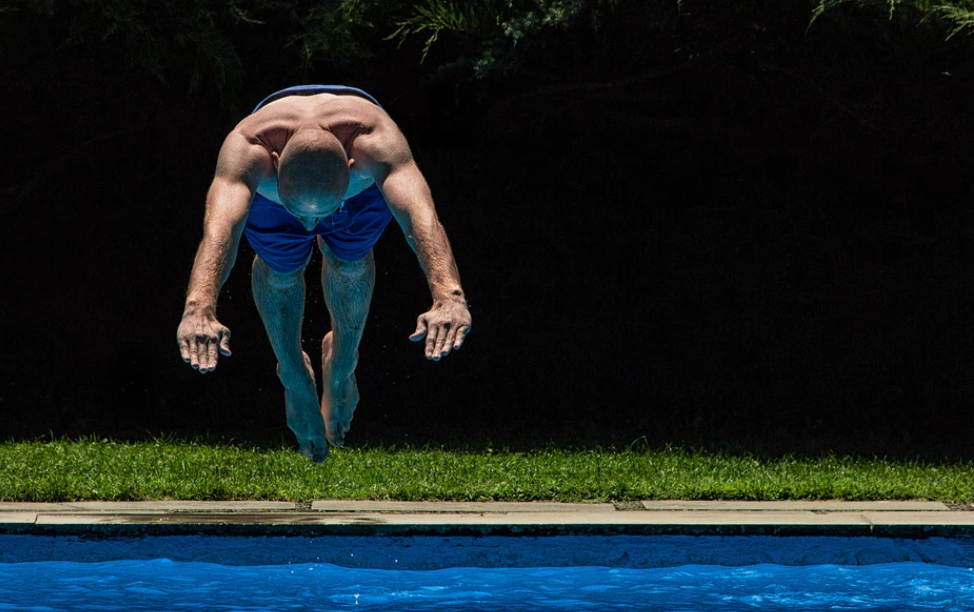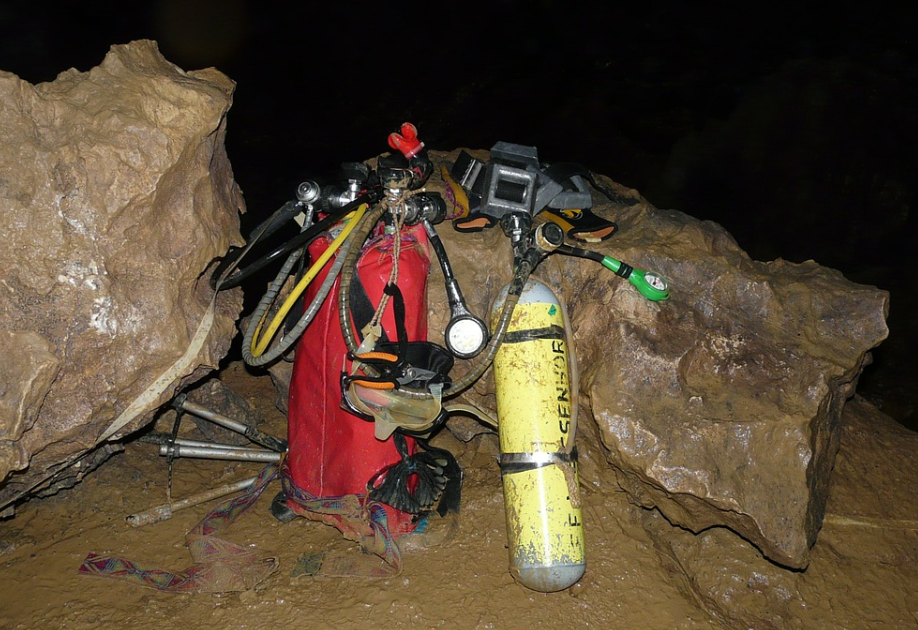If you’re about to go scuba diving for the first time or just started scuba diving and are looking for some pointers, then read these thirty-five awesome scuba diving tips for beginners, so that you stay safe and have a lot of fun too.
Diving Course Tips
1. Find an entry-level course at a respected dive school, so that you can then learn how to dive properly, and also get a certificate allowing you to dive independently or with a buddy.
2. Prepare for the diving course by swimming as regularly as possible. This won’t just make you in better physical shape for diving but will build your confidence too.
3. Spend time acquainting yourself with diving terms so that you will have a base to build on at your diving course.
4. Check the diving school’s website and check whether there are any physical requirements for your dive course that you may not fulfill. You don’t want to arrive at the school and find yourself barred from the course.
5. Ask your dive instructor every question that pops into your head, especially in regards to safety. Once you have your certificate, you’re on your own, so use the instructor’s experience as a valuable resource.
Equipment Tips
6. Don’t purchase unnecessary items like a dive knife until you’re more advanced but make sure you buy the key essentials so that you don’t have to rent equipment each time you dive.
7. The most important piece of equipment a novice diver should buy is a dive mask (also referred to as a snorkel).
8. If you buy snorkel fins, then make sure they’re big enough to fit you when wearing neoprene socks if you’re going to be diving in tepid or cold waters.
9. The best dive suit for cold water is a dry suit, as it’s much warmer than a wetsuit.
10. A diving computer is a great piece of kit for recording your dives into a logbook. Having your own also means you don’t always have to rent one each time you dive.
11. Always wash your equipment after every dive with clean, salt-free water.
12. If you’re going on vacation to scuba dive, then purchase your kit and equipment before you go, as you’ll save money and be able to buy higher quality equipment than at your destination.
Safety Tips
13. Check your weight belt before you plunge underwater, as it can easily come out of place.
14. Ensure you feel confident and calm before submerging.
15. Keep in constant communication with your dive partner.
16. Make sure your dive partner is someone you can trust, and talk through things prior to diving.
17. If everything is okay, then remember you reply to an ‘okay’ sign with your own one.
18. Don’t panic if your regulator falls out. It happens often. Just put it back in your mouth.
19. The deeper you breathe, the less you need to take. Try to breathe into your diaphragm to make sure you get a more complete, deeper breath.
20 A seasickness pill is highly recommended to anyone who is liable to seasickness, so make sure to take one before you jump on a boat that will take you to your diving location.
21. If you encounter something frightening, for example, a shark, or if you witness your dive partner in trouble, then do not panic. This is the number one cause of injuries and accidents underwater.
22. In a dangerous situation, try to maintain a steady, rhythmic breath as if you cannot hold your breath – although this is often the natural response in such situations. Focus on your breathing and keep yourself safe.
Tips for Avoiding Decompression Sickness
23. Do not ascend more than 10m in a minute.
24. Prior to your dive, ensure that you are fully hydrated. This is especially important if you are diving in warm climates where you can become easily dehydrated in the heat.
25. Give yourself a day off from diving every two or three days. This might be difficult if you’re enjoying your new passion for scuba diving, but it’s the best way to avoid DCS.
26. You also shouldn’t dive more than three times in a day.
27. If you’re diving on a vacation, then ensure that your final dive ends more than twenty-four hours before you’re going to fly. That’s also the same if you’re moving on to somewhere with a higher altitude, for example, if you’re going to go trekking in the mountains.
Other Diving Tips
28. Don’t overextend yourself while you’re still a beginner. It can be exciting to want to explore new depths or even to go into less visible waters, but you’re a beginner, so wait until you’ve gained more experience prior to trying new things.
29. Keep your snorkel connected to your mask and use it whenever you’re near the surface to conserve the air in your tank.
30. Don’t swim against the current.
31. The weight you’re diving with must be right for your planned dive. Don’t be afraid to ask a more experienced diver for guidance.
32. Don’t forget to bring a compass with you when you go underwater.
33. Put on plenty of waterproof sunscreens before you head out on the boat to your dive.
34. If you usually wear glasses, then remember that you can buy a dive mask that will allow you to wear them underneath, so you can have a clear vision for your scuba dive.
One Final Tip
35. Enjoy yourself! Scuba diving is one of the most fun water sports to do, and one that you can constantly improve with, so enjoy the experience and stay safe!
If you liked the article, please leave your feedback.


